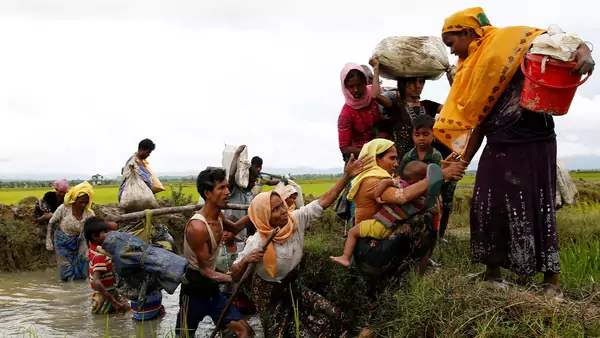 |
Although the topic synopsis highlights this important characteristic of ASEAN, I thought it was crucial I reiterate how the regional bloc generally practices a policy of noninterference in its members' internal affairs.
Despite this generally leading to mostly silence from ASEAN member-states regarding the Rohingya, there has been a slight break in responses along religious lines. Prime Minister of Muslim-majority Malaysia, Najib Razak, has called upon the United Nations, as well as the U.S., China, and ICC to intervene and help resolve the crisis. Additionally, in Indonesia, the largest Muslim-majority country in the world, there have been massive protests against Myanmar's inaction to resolve this issue and the government has set up a hospital in the Rakhine state to treat victims.
How has your country reacted to the Rohingya crisis, and if it hasn't, should it? Discuss in the comments below.

